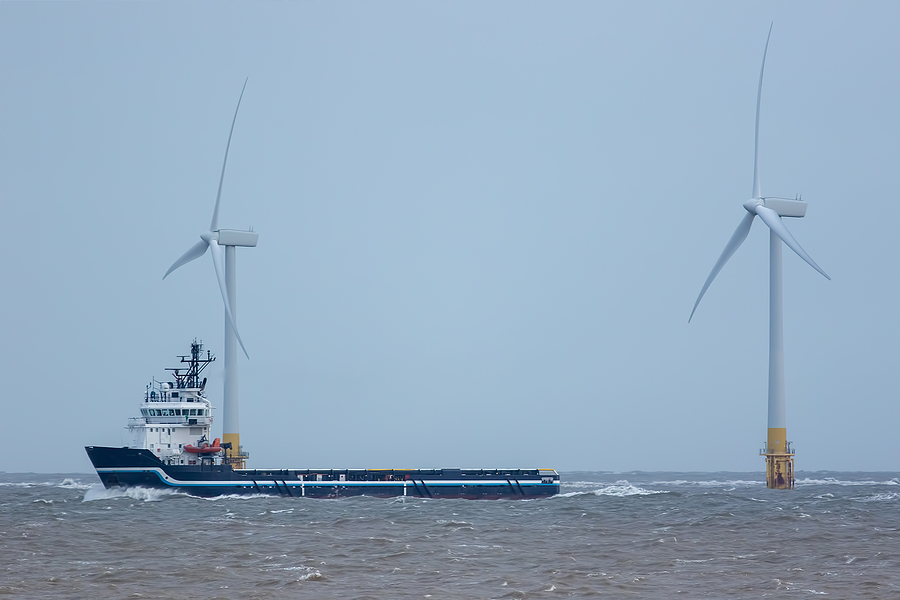It is rare for such a problem to occur on the scale that it did, blocking off one of the world’s busiest shipping lanes for a week and holding back 150 vessels. However, the possibility of such an incident happening again may be greater than some imagine.
A reminder of the potential for trouble came at the start of this month when the 400-metre long Mumbai Maersk ran aground on the North Sea Island of Wangerooge as it approached Bremerhaven on its way from Rotterdam.
Wangerooge is not some tidal sand bank, but one of a string of inhabited islands running parallel with the continental coastline between the Netherlands and Germany. Nonetheless, it is flanked by shallow sandy areas and the ship got stuck on one of these on February 3rd.
Initial attempts by Germany’s Central Command for Maritime Emergencies to free the vessel using tug boats to pull it were unsuccessful, so the authorities waited for high tide before making a second and successful attempt to free the ship. Thankfully, Maersk was able to confirm nobody had been harmed and the ship’s hull had not been compromised.
With the ship being taken on to Bremerhaven for inspection and unloading, the crew on board, those in the German coastal authorities and people across the sea freight industry will probably have been casting their minds back to the events of last year.
The Pentalver Felixstowe base was one of the places where the subsequent progress of the Ever Given was watched with interest, as once the Suez Canal authorities had completed their investigations and allowed it to proceed onwards, the giant ship brought much of its delayed cargo to the Suffolk port.
It should not be forgotten that just as the Suez blockage had held up other ships, so it was that much of the cargo on board the Ever Given was seriously delayed. This even included a model dinosaur skeleton for a themed golf centre in Cambridgeshire, although one might jest that this was 65 million years in arriving anyway.
The Mumbai Maersk incident will not end up topping the headlines or spawning a plethora of internet memes, but it is a reminder of the potential dangers of ships running aground and the problems this can pose for narrow shipping lanes.
While a ship stuck on the sands of Wangerooge would not block the wide approach to Bremerhaven where the river Weser meets the North Sea, the Ever Given situation has reinforced the intention of the Suez Canal authorities to widen the waterway and even add a second channel, providing greater security against such an event in the future.
The Suez Canal is far from the only key pinch point for ships. The Panama Canal performs a similar role in bypassing continents, while the natural waterway of the Bosphorus is critical in the transit of ships from the Black Sea to the Mediterranean.
Keeping these open is critical to the flow of container ships – with the containers themselves carrying vast quantities of goods before finding new uses for storage on land.

